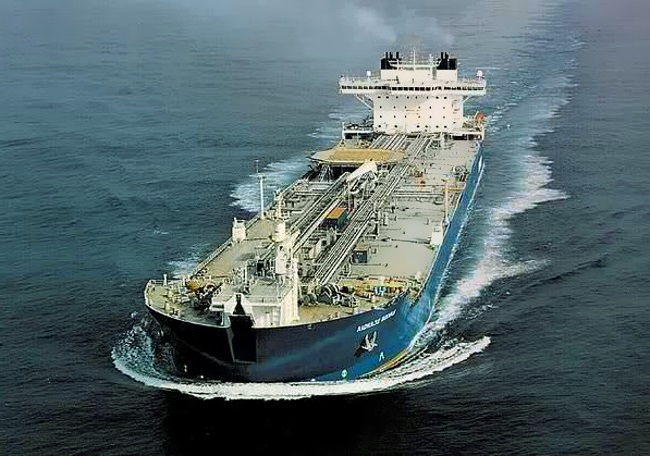The tanker market’s structural shift is still not complete. In its latest weekly report, shipbroker Allied said that “with the recently announced crude oil production output cuts from OPEC+ now ready to take effect, the markets seem set for a major bracing point. Yet prices showed a breather just before the onset of the cuts, as crude oil prices slid today mainly on news of weaker-than-expected factory activity data out of China, along with wider concerns of further curtailed demand expectations as part of China’s widening COVID-19 restrictions. At the same time, there was also a slight sigh of relief from markets as Saudi Arabia and other OPEC+ countries signaled a potential willingness to increase production if the global energy crisis worsens.
According to Mr. George Lazaridis, Head of Research & Valuations, “we are still amidst a considerable market shift at this point as the market looks to rebalance global trade in the midst of the intensifying sanctions on Russia. Bridging the gap, the U.S. has already made a record volume of crude oil and refined petroleum product exports these past few months, increasing its importance as a crucial supplier to global energy markets. Yet despite all these and continued indications of a waning in overall global crude oil consumption in sight, caution still needs to be held. Up to this point, we have yet to see the market be truly tested. Overall warmer than normal weather conditions in Europe have helped delay the oncoming peak demand that is to be seen during the winter heating season”.
Allied’s analyst added that “Europe’s sanctions on Russian Crude oil are also only just starting to take a bite on the market, with the full-on effects not expected to make their presence felt before the New Year. At the same time, in preparation for the difficult winter months, most countries have geared up their stockpiling during previous months and storage facilities are all filled to the brim. However, even this does not fully protect against the possibility of extreme tightening of supplies during the early months of 2023, and inevitably a further sharp slump in consumption as governments look to better balance their energy needs and business look to scale back the large energy bill costs they face”.
“The U.S. has also left some extra uncertainty to hold in this regard. The Biden administration has shown a willingness to consider restricting crude oil and refined petroleum product exports in a bid to rein in petrol prices at home. Under any such scenario, the situation in Europe would deteriorate rapidly and would possibly be a major shock for markets. Despite the overall inelastic demand crude oil has been perceived to have in the past, we seem to be flirting right now at price levels that can’t be supported by the current and forthcoming global economic conditions. For tanker markets, we are still well within a freight market bonanza. Trade is still at ample levels, while the sharp increase in tonne-miles as part of the re-shifting in trade routes has helped generate a strong boost in demand for tonnage. Yet the possibility of strong economic headwinds from inflation and the energy crises still leaves for a muted outlook for the global economy this winter and the possibility of a global recession in the making is still firmly on the table. All this could well push OPEC to alleviate the pressure, releasing production onto global markets, yet the overall balance will be very much dependent on the extent of the global economic headwinds felt and how swiftly and to what extent OPEC will act under such a scenario”, Lazaridis concluded.
Source: Hellenic Shipping News





